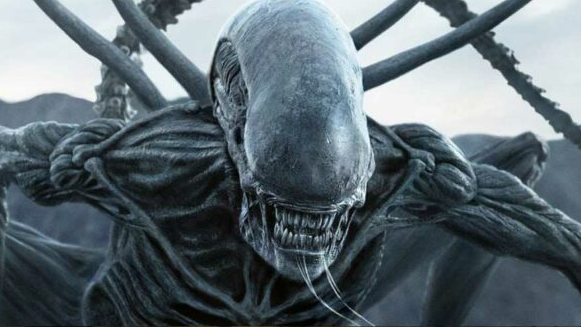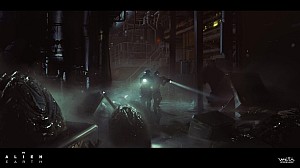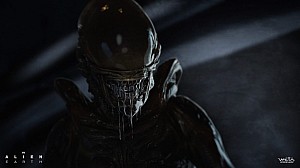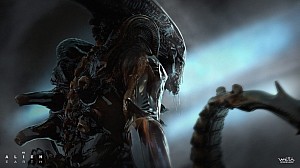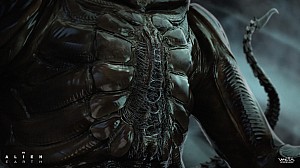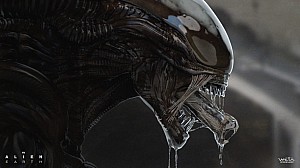Two (roughly) Philosophical Issues Raised
Prometheus Forum Topic
JDS
MemberOvomorphJune 11, 20121503 Views22 RepliesI have a comment and some questions. They regard two interesting philosophical topics the film tries to address: the portrayal of faith and a difference between humans and machines regarding desire for final (teleological) explanation.
First, the portrayal of the relation between faith and reason in the film was disappointing. It seems the writer thinks that faith is what one chooses to believe without evidence. It’s a kind of conversation stopping assertion of will. But this is a rather silly and implausible view of faith. It seems far better to think that faith is needed in situations in which the evidence doesn’t guarantee a conclusion (such as when to trust whether person will keep a promise – your faith in that person is well placed if they have an honest track record).
Further, the film itself speaks in contrary voices. One of the film’s seeming contentions is that one difference between humans and machines is the humans’ natural disposition to seek what Aristotle calls final (teleological) explanations. For example, why were humans created? This is a different question than a robot like David might ask: how did the Engineers create earth humans? This latter question is looking for an explanation at the level of efficient causation (the domain of science). David seems to fail to grasp that there might be more to human desire for explanation than efficient causation. The humans are driven to ask questions of a higher order, questions concerning motives and purposes. On the one hand, I thought this was one way the film distinguished humans from robots and this explains David’s bafflement at Shaw’s motivations for continuing to the alien home world. On the other hand, at the pool table scene you get David seemingly interested in final explanation (where he states how disappointing it would be if the reason for his existence was only that humans wanted to see if they could create him). So, which is it? Are humans and machines distinguished by a desire for purposive explanation or not? This relates to the implausible voluntarist view of faith in the film. Shaw has some evidence that there is purposive explanation – she (and seemingly every other human) has some desire for one. What she chooses, I suppose, is to believe that the Engineers will provide her the answers (and this is a kind of faith in their being willing to do so). But this kind of faith is hardly something a robot would fail to understand. That said, her desire for such answers is not a choice, but something deep rooted in her. Hence, some of her final lines are that she “deserves an answer.” She might deserve an answer if her maker put a natural desire for such an answer in her. But would she deserve one if she merely chooses to manufacturer a belief in such an answer’s possibility willy-nilly, through a sheer act of will? What evidence does she have to base her belief that she is owed an answer otherwise?
Further, I don’t see how she could fail to realize that her desire for final explanation would not be satisfied by any answers the Engineers gave her. They are, after all, merely human. Her basic desire for explanation would arise again when she asked, “Why do the (human) engineers exist?”
This seems more a question concerning some humans brought other humans into existence through such a convoluted way when presumably they could sexually reproduce. Although, perhaps the film wants us to infer that the engineers cannot sexually reproduce. In any event, Shaw strikes me as a tad irrational and not the paragon human the film depicts her as.
Second, I thought that one of the film’s interesting but undeveloped
discussion provocations was the relation between humans and machines. Unfortunately, the film points in contradictory directions. On the one hand, humans and machines are identical because the (human) Engineers made the earth humans just as earth humans made robots like David. On the other, humans generally are different from machines in their fundamental desire for higher-order explanation (see above), a desire which robots lack. The film also claims that humans experience emotions and robots do not – but David behaves quite emotionally and demonstrates the kind of conceptual understanding that might be thought to depend on emotional capacity. Is this another inconsistency or is he really cleverly programmed to produce the illusion of emotional aptitude?
I suspect the film writer is muddled, but I’d love to hear some responses that help me appreciate the film more and perhaps see it as less muddled than I currently do.

